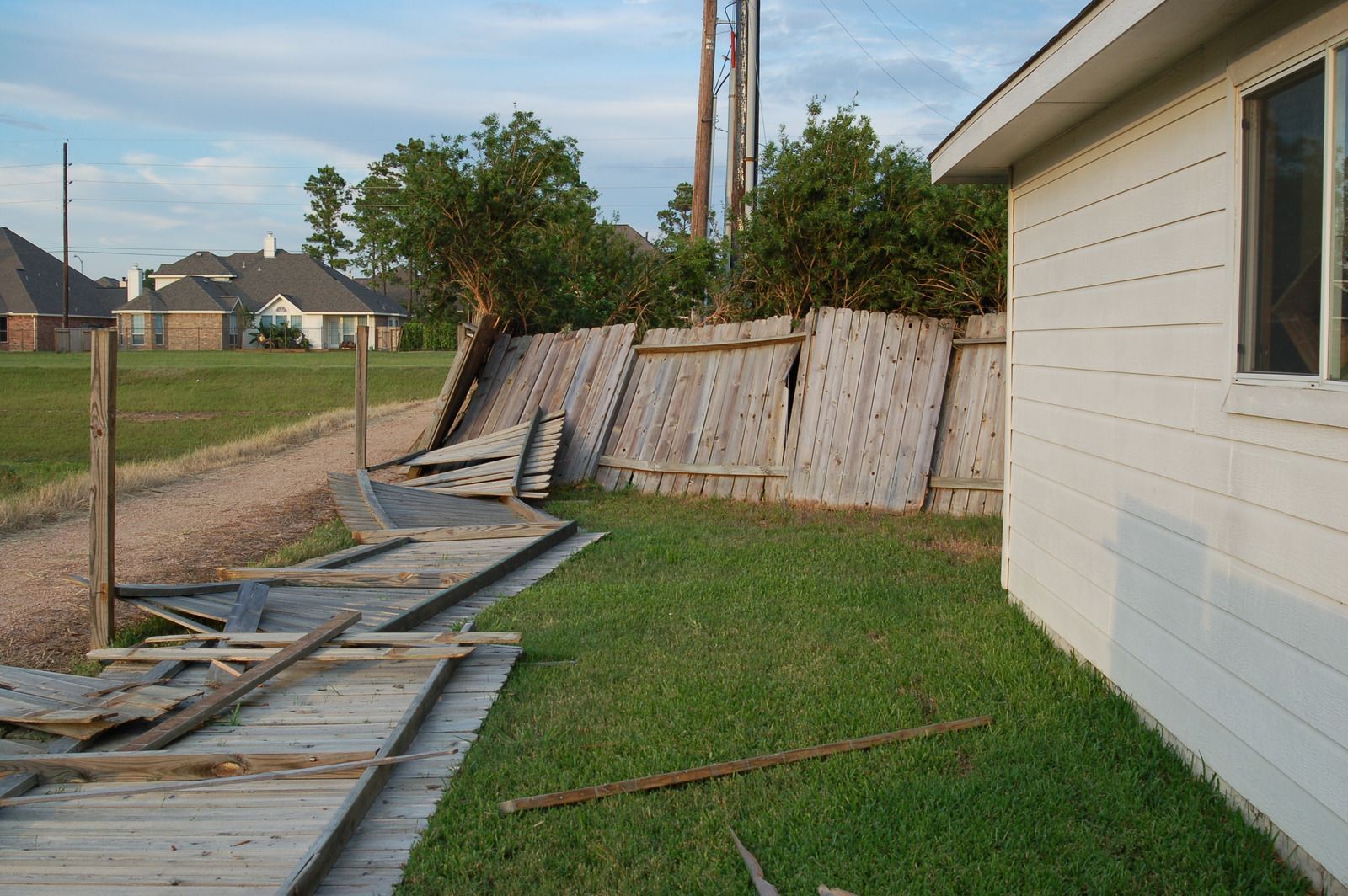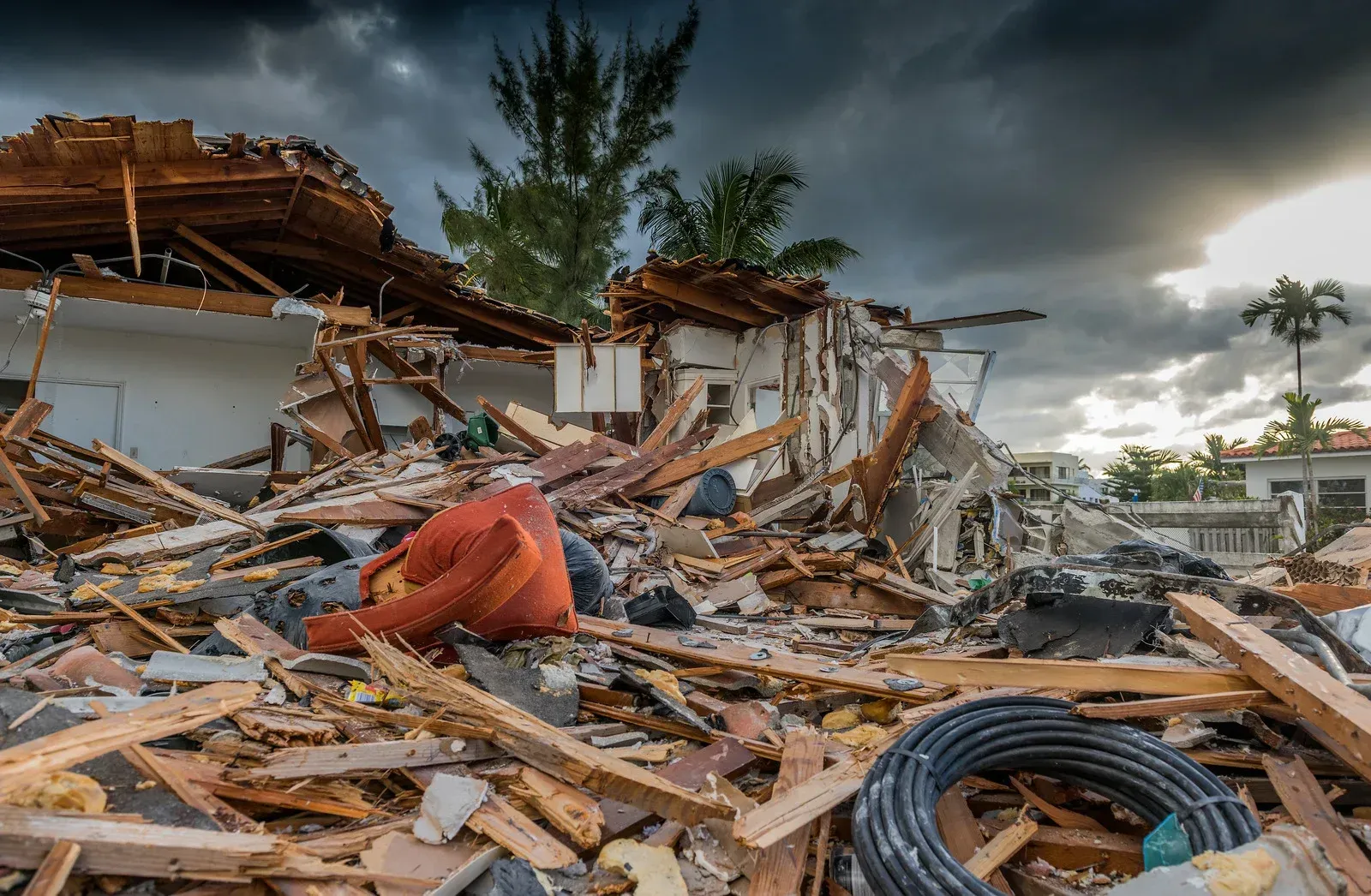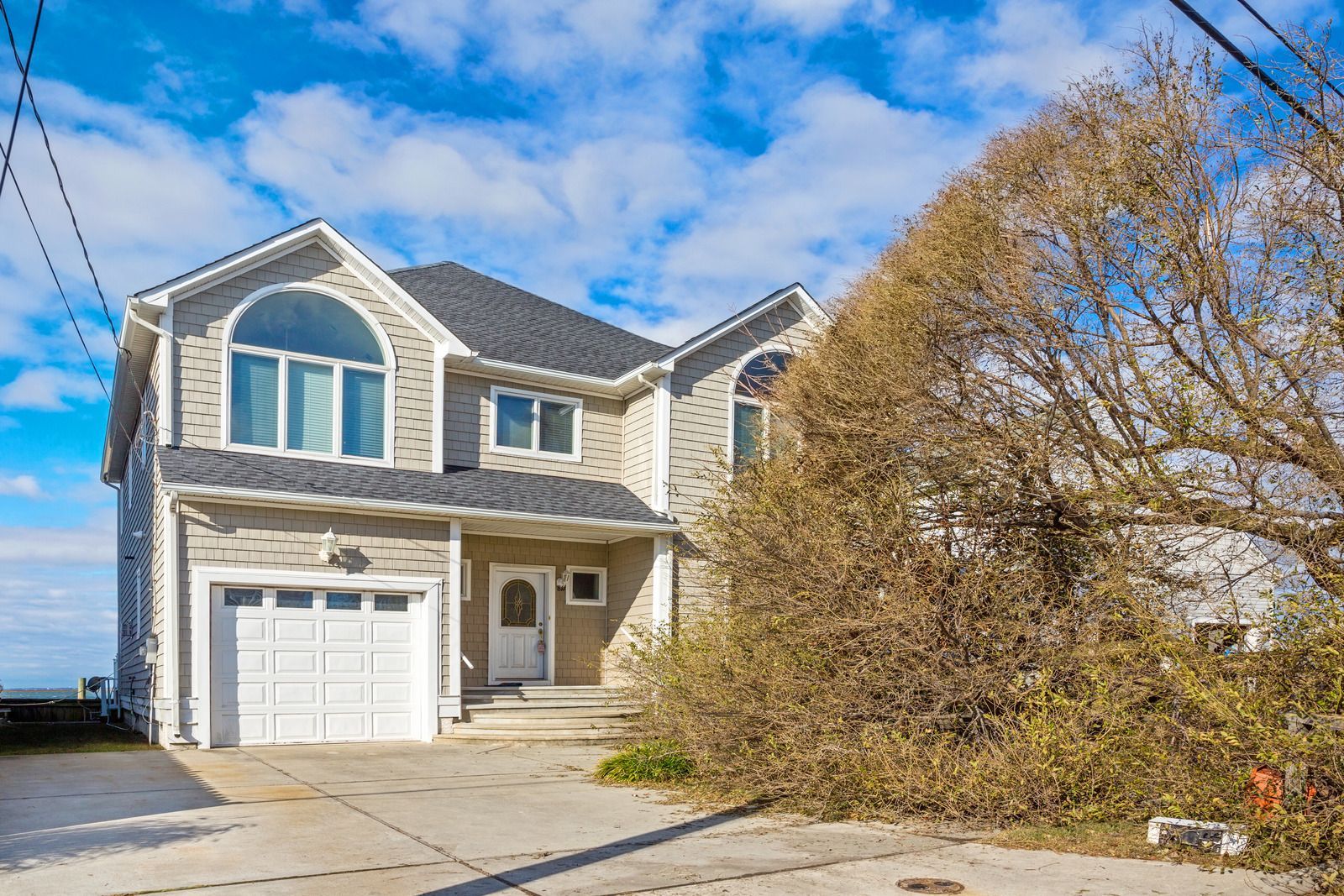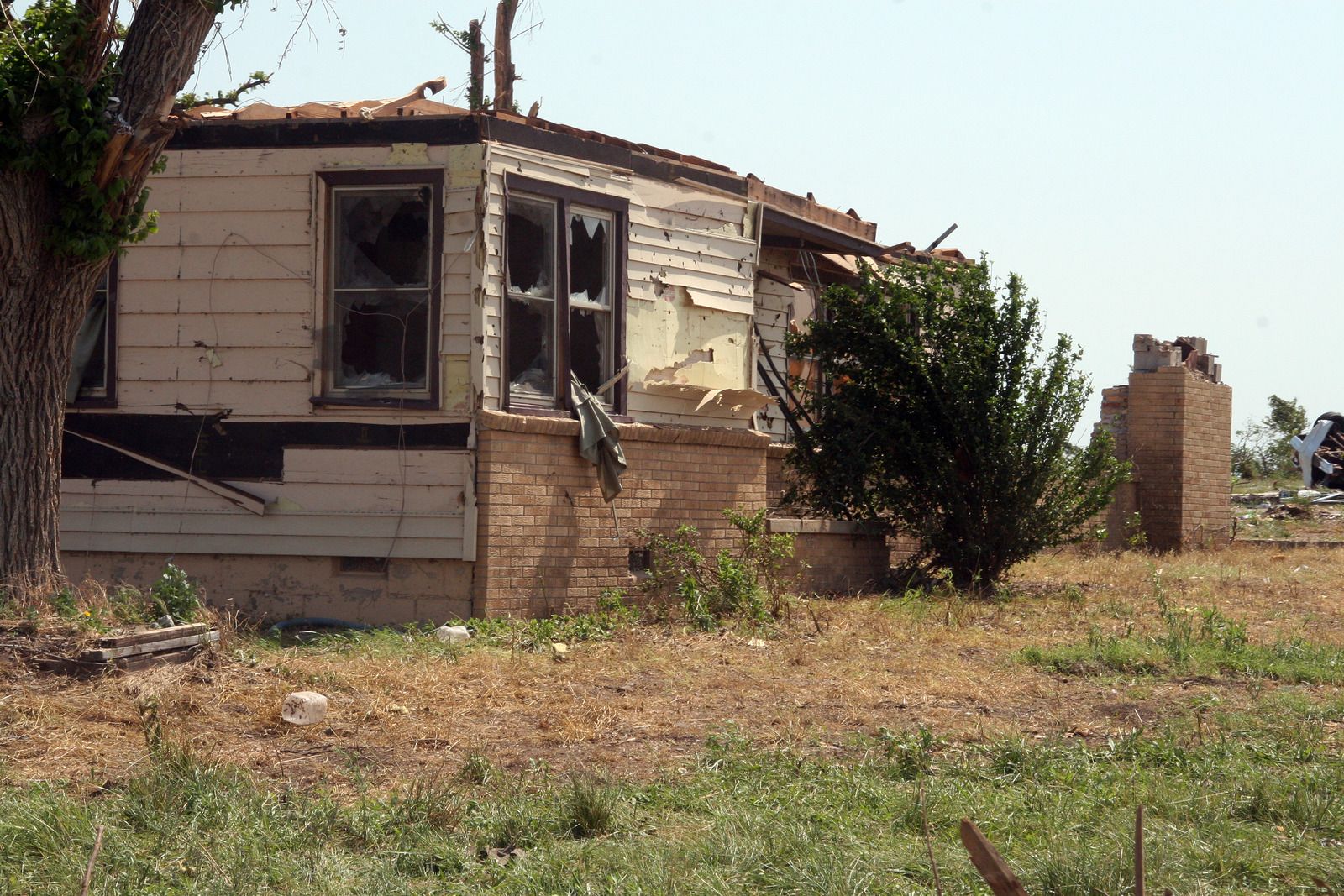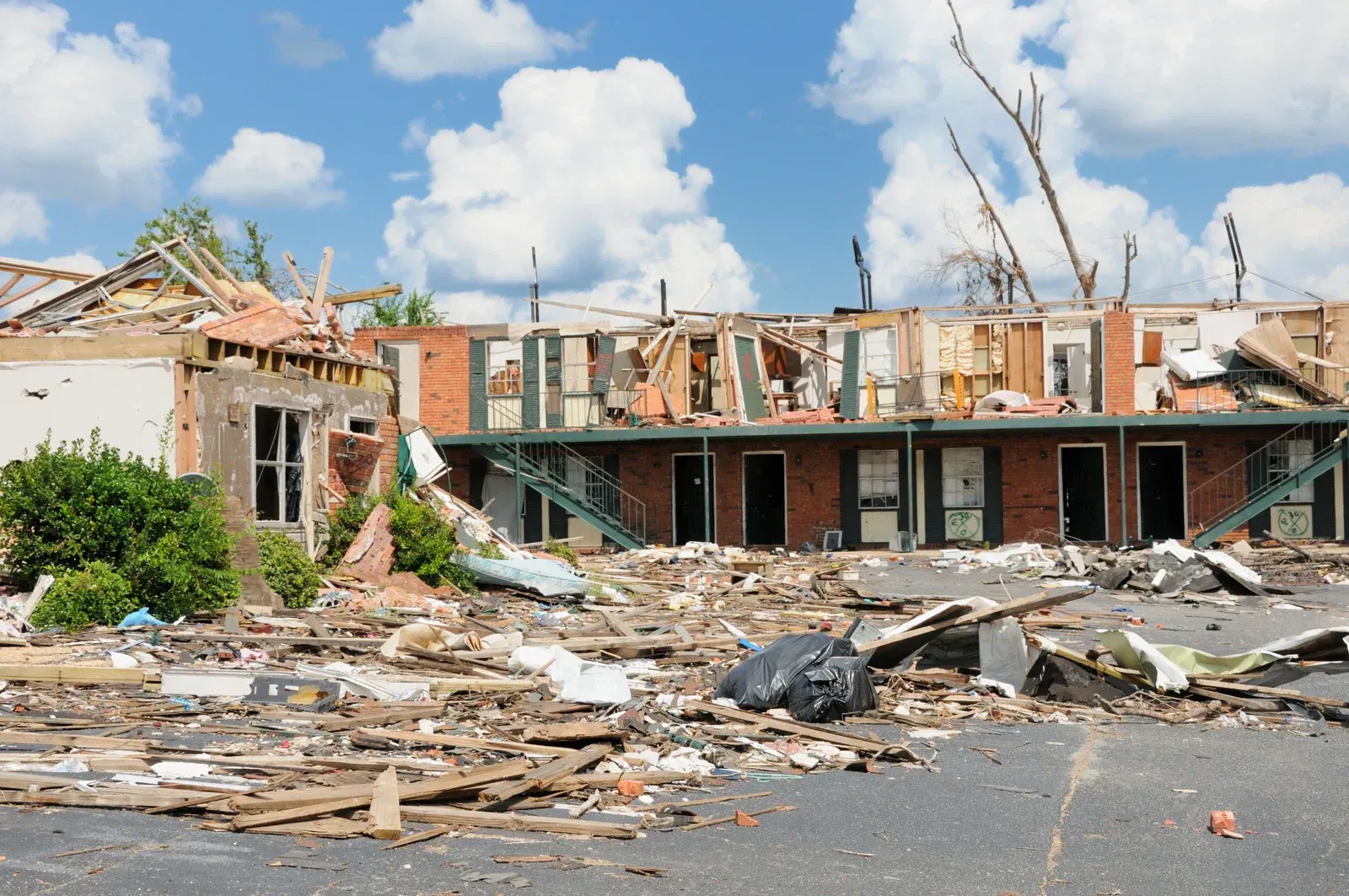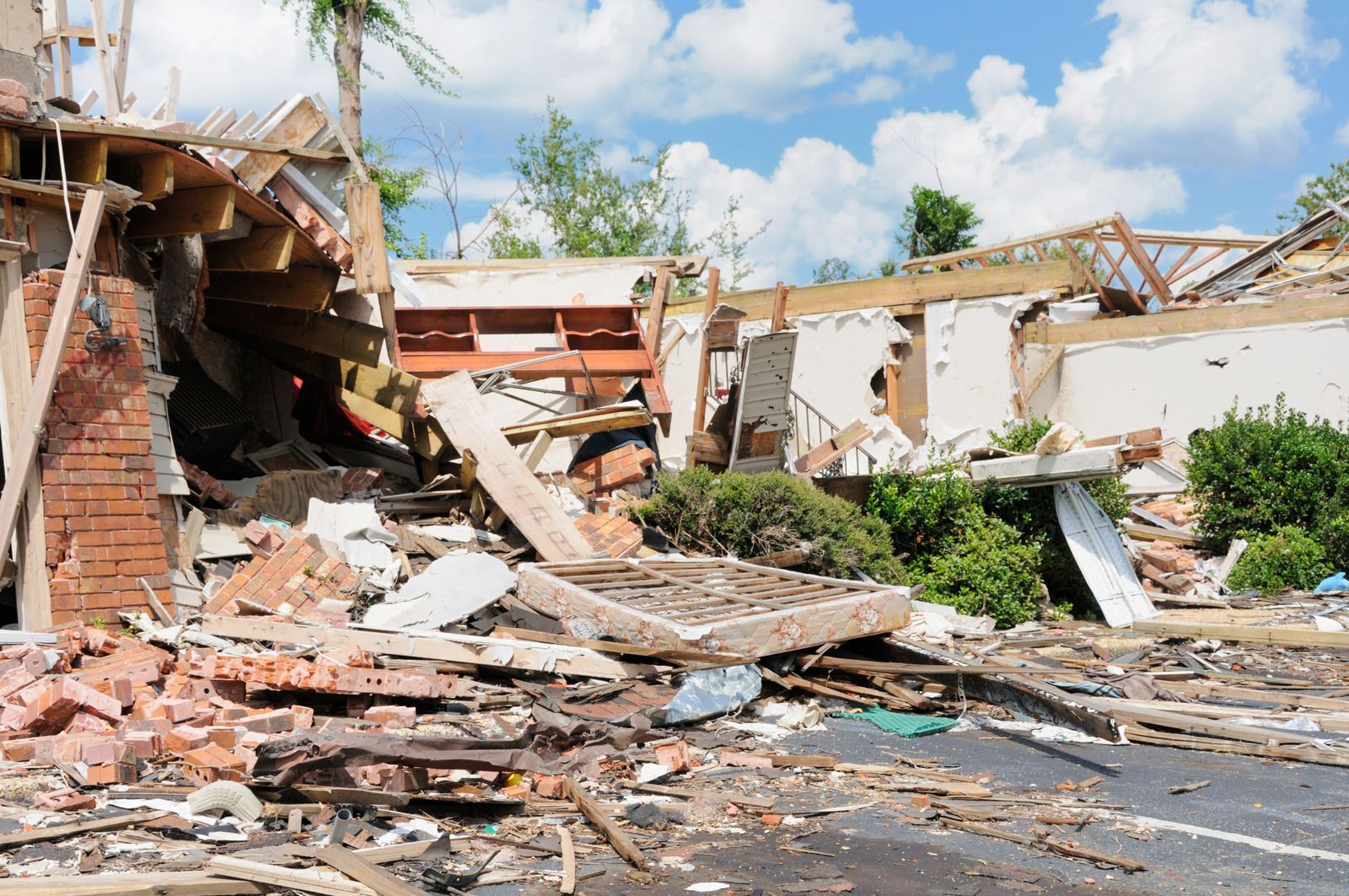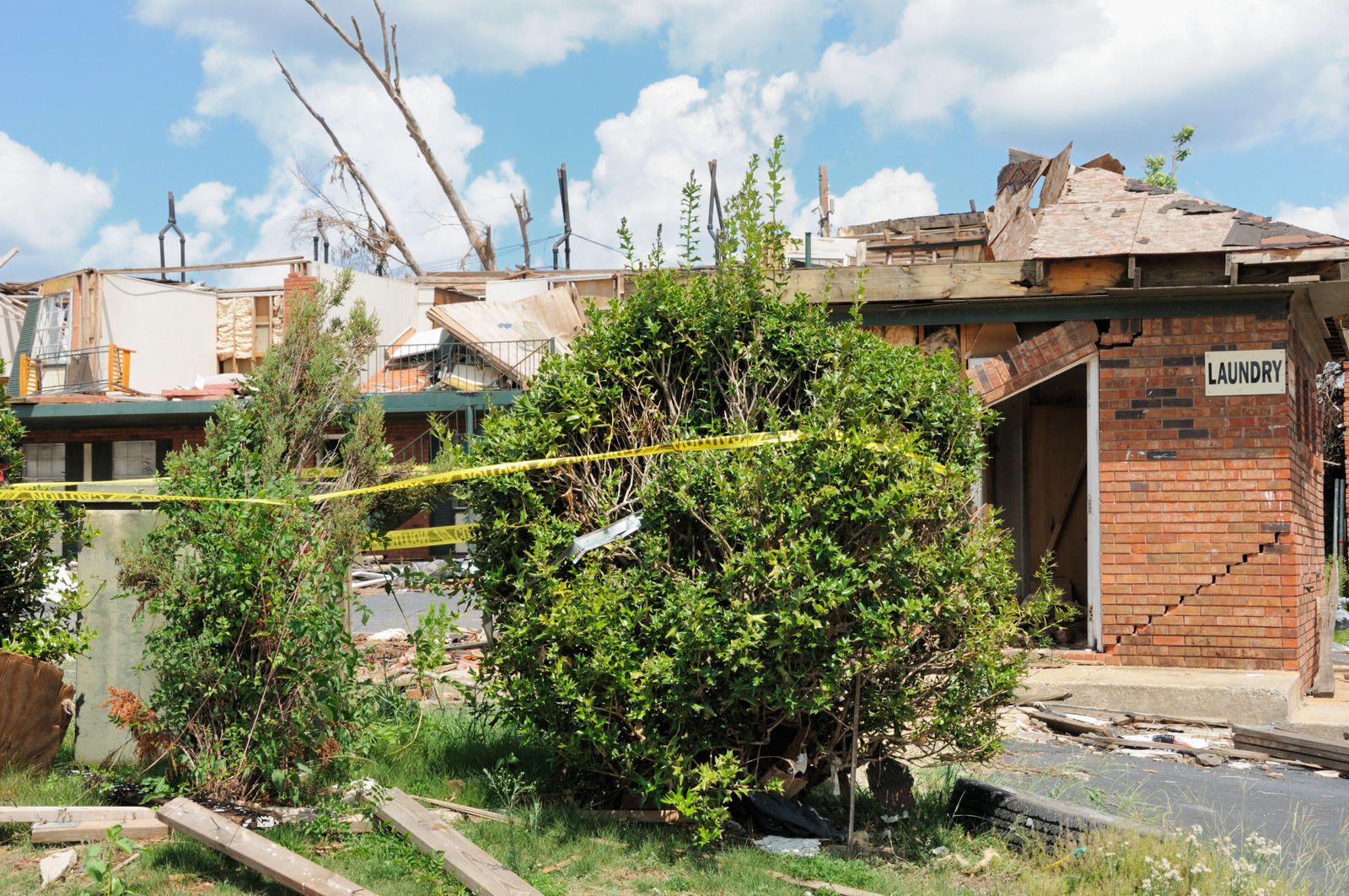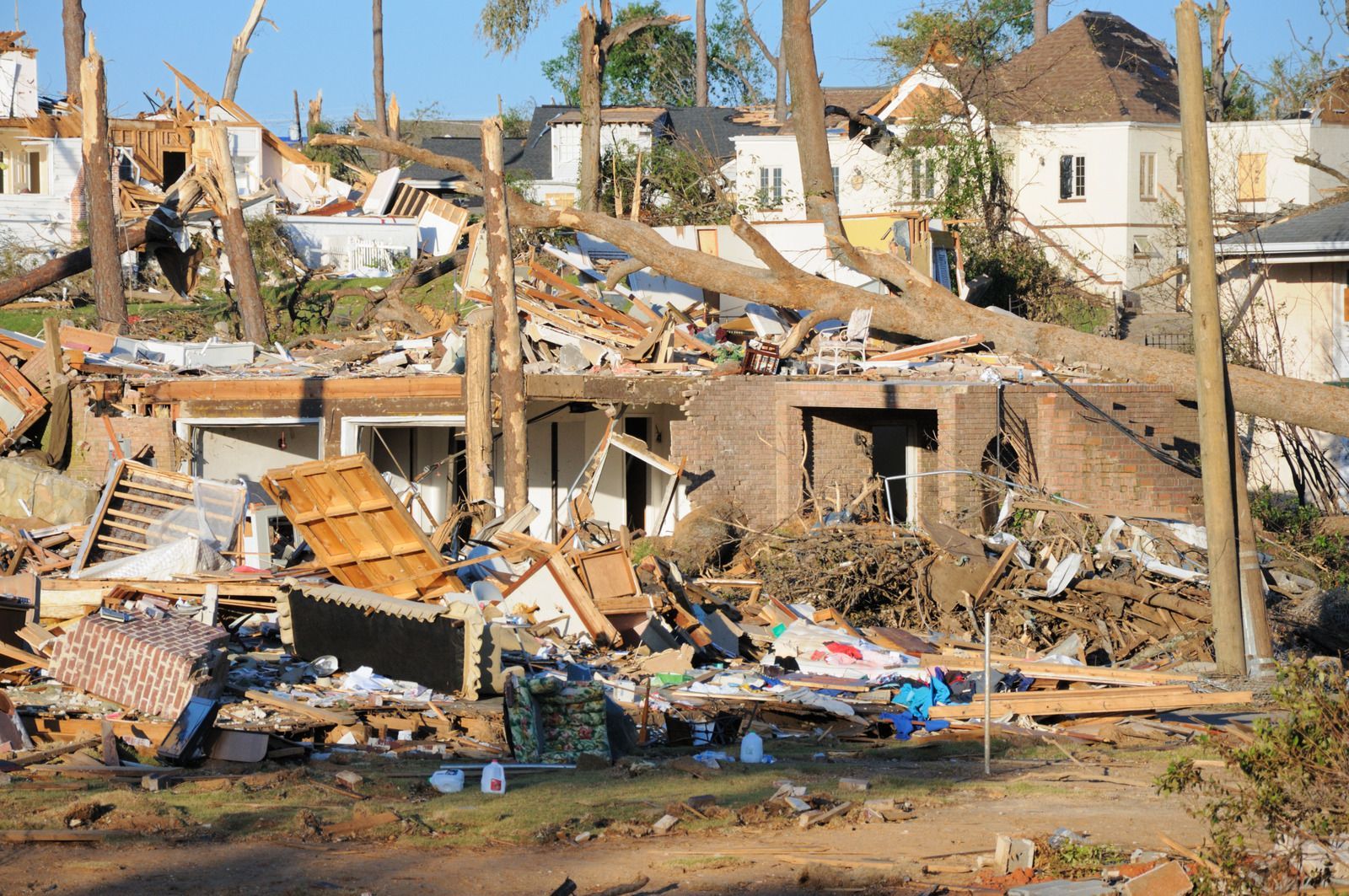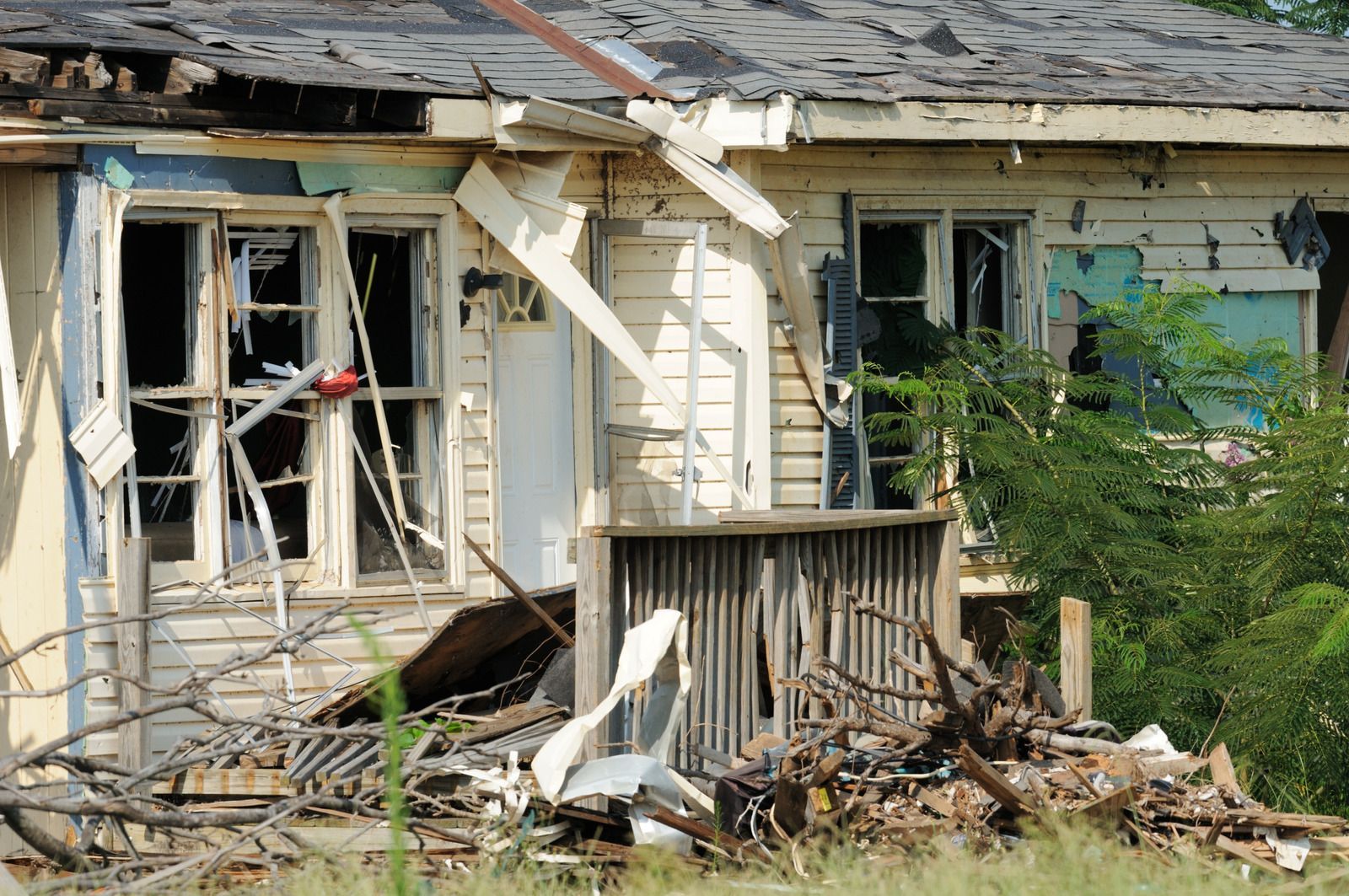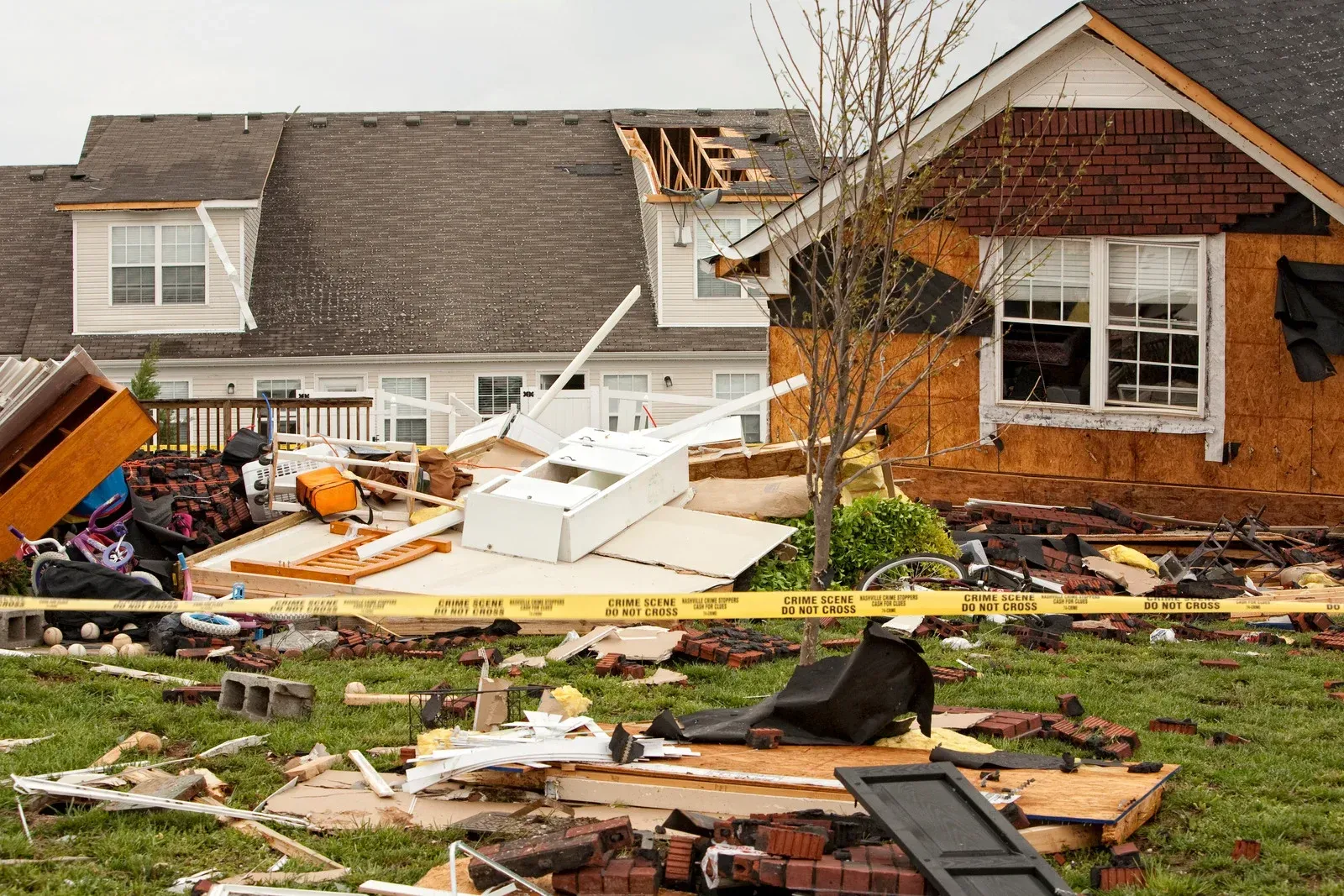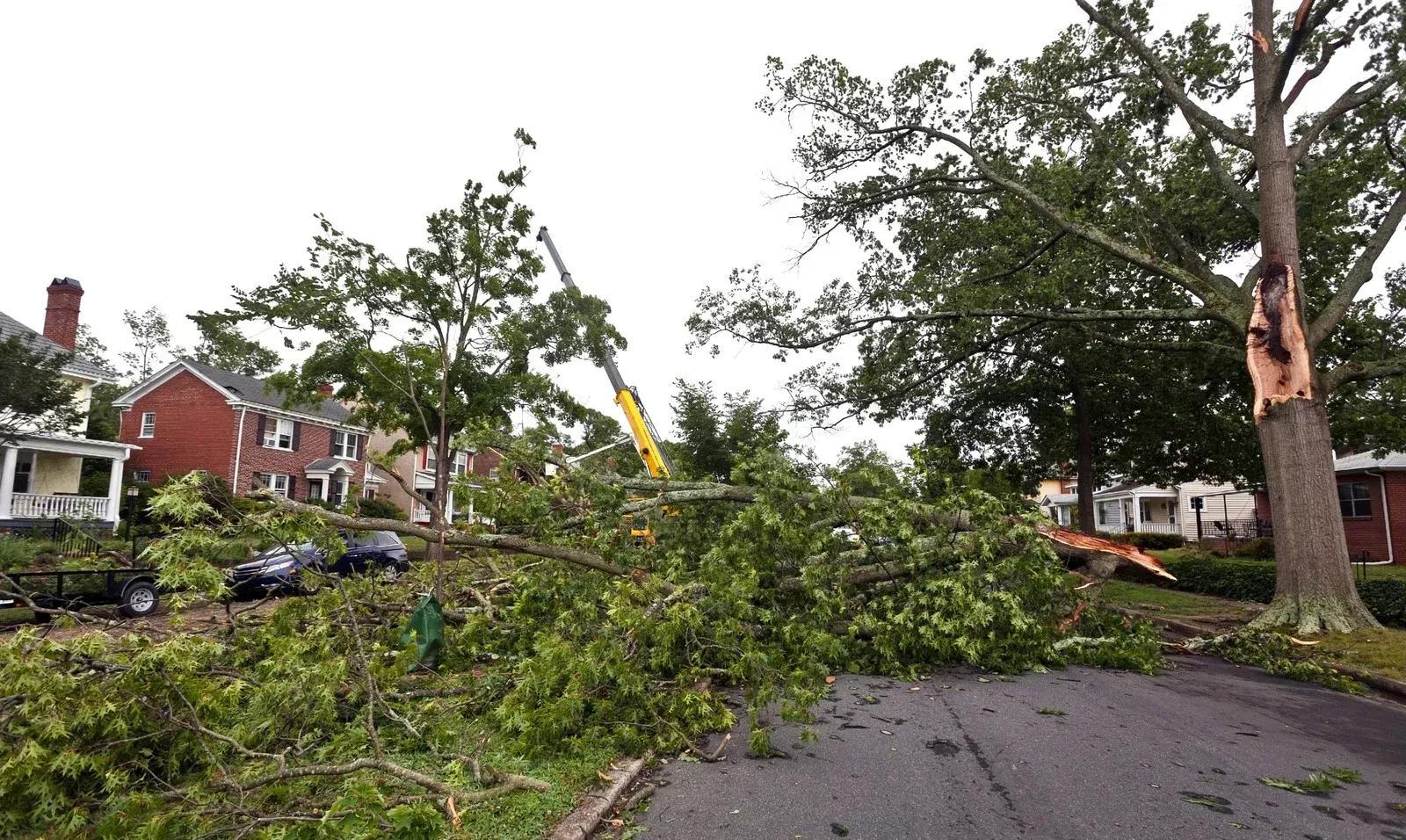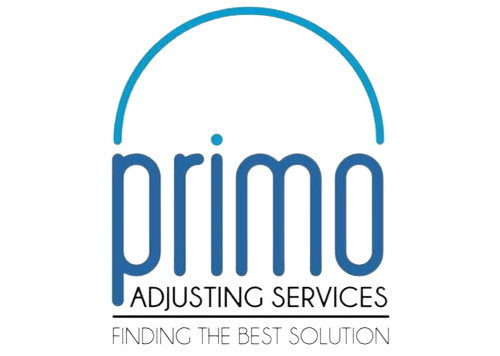Naples Hurricane Milton Property Damage Claims Help
Recovering from Hurricane Milton: Essential Tips for Naples Residents Navigating Property Damage Claims
As Hurricane Milton moves out of the Gulf Coast region of Naples, Florida, residents are left to deal with the aftermath. With strong winds, heavy rainfall, and widespread flooding, many properties have suffered significant damage. Homeowners now face the challenge of assessing and documenting damage, filing insurance claims, and beginning the recovery process. Here’s what you need to know to make sure you receive the compensation you deserve for your property damage.
Understanding Your Insurance Policy: Key Steps After a Hurricane
Before filing any claims, it's crucial to review your homeowner's insurance policy. Understanding your coverage can save time and prevent miscommunications with your insurance company. Look for details on hurricane or windstorm coverage, deductibles, and what types of damages are included.
Many policies in Florida include a separate hurricane deductible, which is typically a percentage of the property’s insured value. Be sure to know the specific deductible amount applicable to hurricane damage in your policy. For accurate information, the
Florida Office of Insurance Regulation offers valuable insights on hurricane deductibles
here.
Documenting the Damage: A Critical First Step
Before you begin any repairs, take the time to document all damage thoroughly. Use a camera or smartphone to capture photos and videos of every affected area, both inside and outside of your home. This documentation is key to a successful insurance claim. Be sure to focus on:
- Roof damage, such as missing shingles or leaks.
- Water damage on walls, floors, and ceilings.
- Broken windows, doors, and any compromised structural elements.
- Exterior damage, like fallen trees or debris that have caused harm to your property.
Keeping a detailed record can prevent disputes with your insurer and ensure you receive fair compensation.
Mitigating Further Damage: Protecting Your Property
After documenting the damage, it’s time to take steps to prevent further harm to your home. Most insurance policies require homeowners to mitigate damage, which means taking reasonable actions to prevent additional losses. This could include:
- Placing tarps over damaged roofs.
- Boarding up broken windows.
- Removing water and drying out your home to prevent mold growth.
Remember, expenses related to temporary repairs are usually reimbursable, so keep all receipts and document the actions taken. FEMA’s
Disaster Assistance website provides additional guidance on recovery efforts and potential financial aid
here.
Filing Your Insurance Claim: Timing Matters
Timing is everything when filing an insurance claim after a hurricane. Reach out to your insurance company as soon as possible. Many insurers have a specific time window in which claims must be filed, often within 14 days of the storm’s occurrence.
When contacting your insurance company, provide them with:
- A detailed description of the damage.
- Photos and videos from your documentation.
- Receipts for temporary repairs.
This initial information will help adjusters evaluate your claim quickly, and it can expedite the process of scheduling an adjuster’s visit to your home.
The Role of Public Adjusters: A Trusted Ally in Your Recovery
Navigating the complexities of insurance claims can be daunting, especially when dealing with widespread disaster impacts like those caused by Hurricane Milton. This is where a public adjuster can be invaluable. Public adjusters work for policyholders, not insurance companies, and can provide expert guidance to ensure you receive the compensation you’re entitled to.
A public adjuster will:
- Conduct a thorough property damage assessment.
- Handle communications with your insurance company.
- Negotiate settlements to secure the maximum compensation for your loss.
Choosing a reputable adjuster ensures that you have an advocate on your side during this challenging time.
Common Pitfalls to Avoid During the Claims Process
While speed is important in the aftermath of a hurricane, it’s equally critical to avoid common mistakes that could jeopardize your claim. Here are some pitfalls to watch out for:
- Rushing through repairs: Wait for the insurance adjuster’s inspection before making permanent repairs.
- Inaccurate estimates: Get multiple estimates from contractors to ensure the repair costs align with the damage incurred.
- Accepting a lowball offer: Don't feel pressured to accept the first settlement offer if it doesn’t reflect the extent of your loss. You have the right to dispute it.
For more information on insurance claims and the rights of homeowners in the event of a natural disaster, the
Insurance Information Institute provides resources and FAQs
here.
Preparing for Future Storms: Strengthening Your Property
The aftermath of Hurricane Milton serves as a reminder of the importance of hurricane preparedness. Once the immediate recovery process is complete, consider investing in improvements that can better protect your home in future storms. This may include:
- Installing hurricane shutters.
- Reinforcing garage doors.
- Elevating utilities and electrical panels to avoid flood damage.
These preventive measures not only help protect your home but can also lead to lower insurance premiums. For a full list of preparedness tips, refer to
Ready.gov’s hurricane guide here.
How Primo Adjusting Services Can Help
Dealing with the aftermath of Hurricane Milton can be overwhelming, but you don’t have to navigate the claims process alone.
Primo Adjusting Services is here to support Naples homeowners in recovering the compensation they need to rebuild and recover. With expertise in property damage claims and a commitment to client advocacy, we ensure that your claim is handled with the care and attention it deserves. Reach out to us for a free consultation, and let us help you get back on your feet after this devastating storm.
